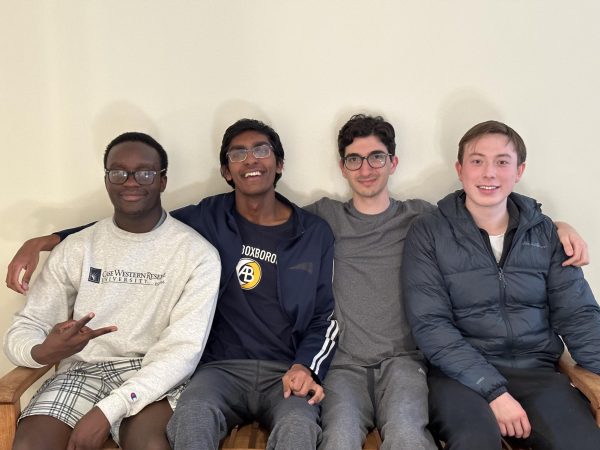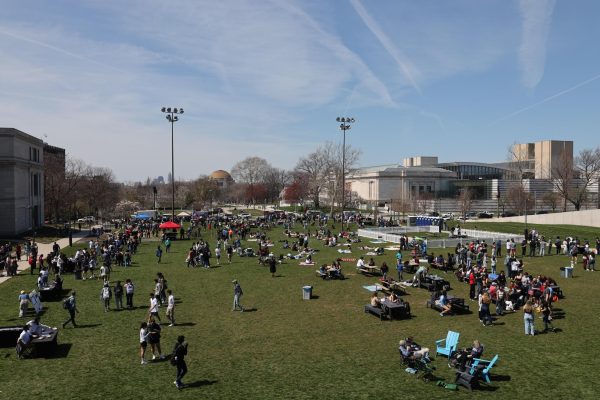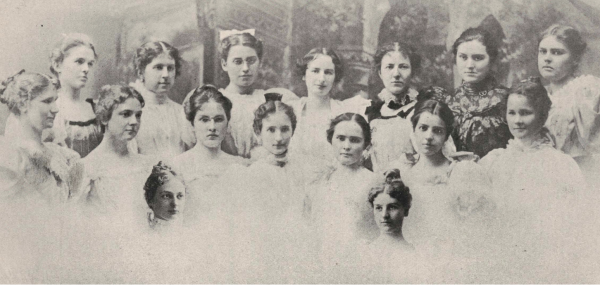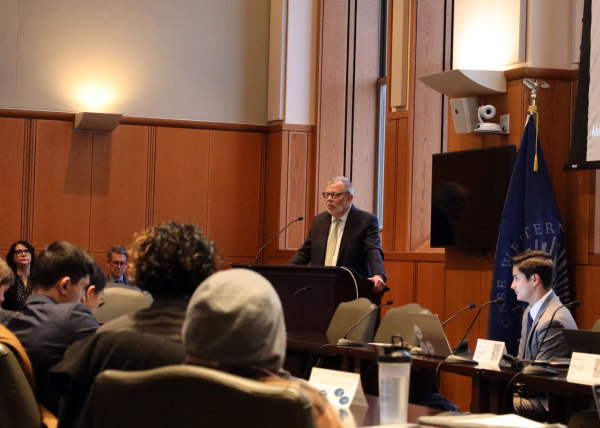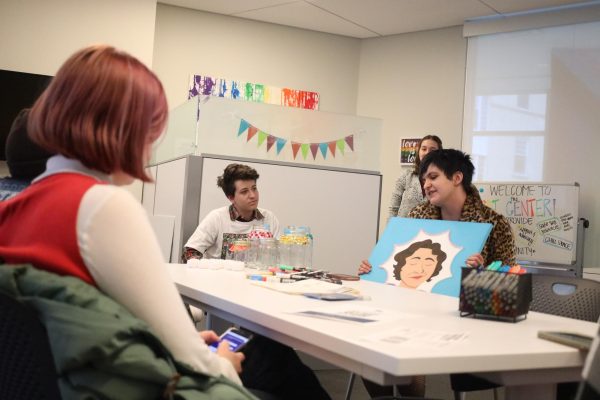Food Recovery Network channels food waste to the ones in need
March 31, 2017
Everyday at Case Western Reserve University, students consume food from a number of on-campus locations. However many students are unaware of what happens to the hundreds of pounds of food that isn’t eaten or served. Behind the scenes, the CWRU Food Recovery Network (FRN) is hard at work.
FRN started as part of a service project by several members of the Muslim Student Association (MSA). MSA members Shadi Ahmadmehrabi, Sara Ahmed and Faraaz Hussain founded the CWRU chapter of FRN and went on to become recognized by not only Undergraduate Student Government but also of their national organization.
“We were founded with the mission to further unite the Case Western Reserve University student community with the greater Cleveland community by reducing food waste and engaging in the fight to end hunger,” said Madeline Garb, member of the CWRU FRN.
On average, FRN recovers 250 pounds of edible food waste per week from several recovery locations on campus including: Einstein Bros. Bagels, Fribley Marche, the Cleveland Botanical Gardens and Grab It! & Bag It! After recovery, the food goes to St. Matthew’s United Methodist Church Hope Soup Kitchen, Dunham Christian Church and St. Augustine’s Church. The FRN partners with Kids Against Hunger in volunteering at these local Soup Kitchens on Saturday mornings.
“This is an excellent opportunity for volunteers to see the people who directly benefit from the food that has been recovered throughout the week on our campus,” Garb commented. “…At CWRU banquets there is often large amounts of food that gets uneaten. We are happy to recover that food and distribute it to the soup kitchens we partner with.”
In order to cut back on food waste, students are encouraged to contact FRN when they are at events that have leftovers.
Garb said that FRN would like to encourage students to eat mindfully, and to further remind students of how fortunate they are not to have to worry about going to sleep hungry at night.
Students can get involved by signing up for recovery shifts on the FRN calendar; most recently, the FRN has added Fribley recovery shifts to the calendar.
The shifts are at 2:30 p.m. and 9:00 p.m. and take about 20 minutes. There are opportunites for students to get trained a couple times over the school year.
If students have any additional questions about campus sustainability, the Student Sustainability Council at CWRU is holding office hours every Friday from 3:15-4:15 p.m. at the Tinkham Veale University Center.
“I think they are bringing great awareness on campus about food waste and not throwing away as much food or taking more than you need,” said second-year student Heather Eby. “It is really important that they are showing people on campus that the dining halls can be really wasteful and you should be aware of your food choices.”
FRN has partnered with several other food/environment related organizations to plan CWRU’s “Food Week.” Organizations including Slow Food at CWRU, the Student Sustainability Council, the Office of Sustainability, Labre and Kids Against Hunger are all working to make Food Week 2017 a reality.
Food Week will take place the week of April 10, and according to Garb, it will be a whole week of events, including a documentary screening, keynote speaker, workshop and local food market.














